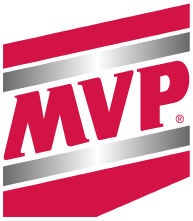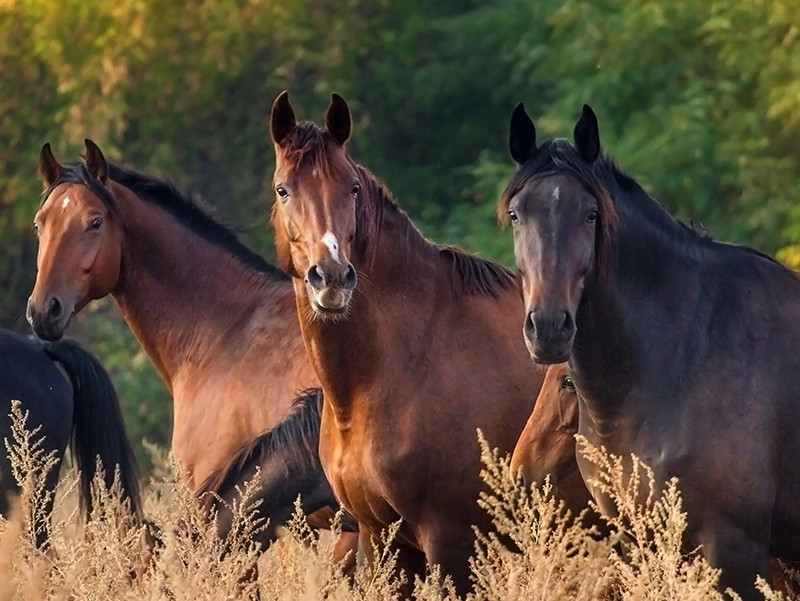How do you keep your horses safe from EPM? Keep them healthy to help prevent them from getting sick.. sounds pretty simple, right? But in this day and age, trying to protect horses from diseases such as EPM isn’t always that simple.
There are currently no vaccines for EPM, so pest and feed management are your best methods for prevention. We’ve put together a list of simple steps you can take at home to help reduce risk.
1.Maintain a clean barn or facility.
Maintaining a clean barn can help reduce the attraction of rodents, especially opossums in your facility. When possible, avoid feeding horses from the group and clean up spilled feed immediately to deter attracting wildlife and rodents. The presence of opossums on a farm poses an increased risk.
2.Clean your water tank often and always provide fresh, clean water.
Clean, fresh water is important for any horse, it keeps them hydrated and healthy. However your water supply can become contaminated by opossum, so it is a good idea to include checking and providing clean, fresh water as part of your daily tasks when doing barn chores.
3.Keep lids on containers including grain and supplements.
Lock away all feed containers in varmint-proof containers and rooms. Do not leave open bags of horse feed in the barn where opossums could reach them. Opossums are nocturnal animals that forage for food during the night, however it isn’t uncommon to see them during the day, especially if the weather is cold or food is scare. Opossums are drawn to barns because they oftentimes contain food that is easy to access. Once they’ve found a reliable food source, they may also begin using your hay supply for their nest. This opens up the opportunity to increase the likelihood of your grain, hay, or pastures becoming contaminated with opossum fecal matter.
4.Avoid leaving cat or dog food out for free choice eating.
This goes hand in hand with tip #3 – any sort of food source will attract opossums.
5.Keep garbage cans tightly sealed.
Garbage can often attract opossums. Sweeping up spilled grain, cat food, etc. will only do so much good if the garbage containers are not able to be tightly sealed as well.
6.Take measures to reduce your horse’s stress.
Minimizing stress in your horse’s life is an important strategy to help reduce your horse’s risk. Stress tends to suppress a horse’s immune response making him more susceptible to disease. Stress caused by intense training, travel, injury, and/or competition are major contributors to a weakened immune system.
7.Rid your property of animal carcasses.
Opossums are scavengers by nature and are omnivorous, meaning they will eat just about anything. Studies have shown the presence of domestic cat, raccoon, and striped skunk in the stomach contents of opossums. Based on these eating habits, removing road kill and animal carcasses from your property is an important step to reduce the likelihood of opossums on your property. Walk your pastures regularly to check for carcasses and properly remove.
8.Boost immune system.
The immune system is extremely complex and designed to protect a horse from invading pathogens. Stress, nutrition, and age are three key elements involved when a horse’s immune system becomes compromised. While a horse’s age is out of our control, taking a look at their mental and physical stress, along with providing a well-rounded diet can help support a healthy immune system and help protect against the many diseases they are exposed to on a regular basis.

